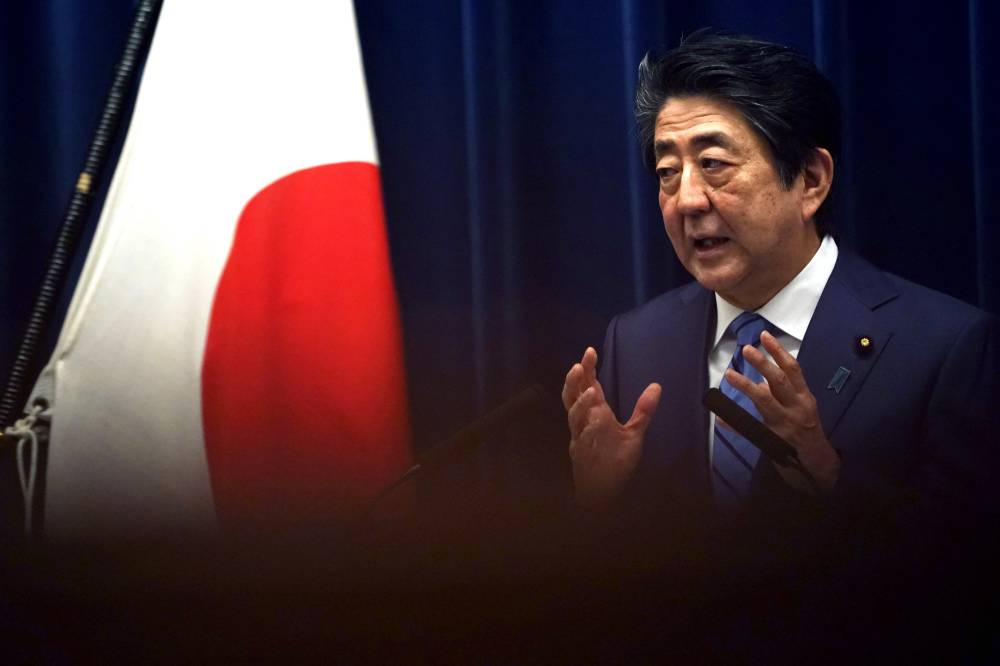On March 12, the Sankei Shimbun ran an editorial urging the media to refrain from criticizing the government for its handling of the coronavirus emergency. The Sankei Shimbun was elaborating on a complaint made by former TV announcer Yoshiko Sakurai that the press was not properly instilling in the public a sense of solidarity in overcoming the crisis. Finding fault with authorities is "acceptable" when things are normal, said the newspaper, but during an emergency focusing on "Prime Minister (Shinzo) Abe's political beliefs and trivializ(ing) his response to the national crisis" is not.
The Sankei Shimbun may be oversimplifying the reaction of outlets such as the Asahi Shimbun and the Mainichi Shimbun to the Abe administration's handling of the matter. Certainly, there is a political element in those newspapers' analysis of the government response, but they also ponder whether those decisions are effective in their coverage. This contrast has led to confusion over how the media should approach the situation, especially in the wake of the passage of a revised law to provide the prime minister with powers to declare a state of emergency and, as a result, potentially limit press freedoms.
On March 11, columnist Osamu Aoki wrote in the Osaka edition of the Mainichi Shimbun about his recent appearance on TV Asahi's "Shinichi Hatori’s Morning Show." He and others discussed the shortage of face masks for medical institutions. One "expert" said hospitals that specialized in respiratory problems should be prioritized for receiving masks.



















With your current subscription plan you can comment on stories. However, before writing your first comment, please create a display name in the Profile section of your subscriber account page.